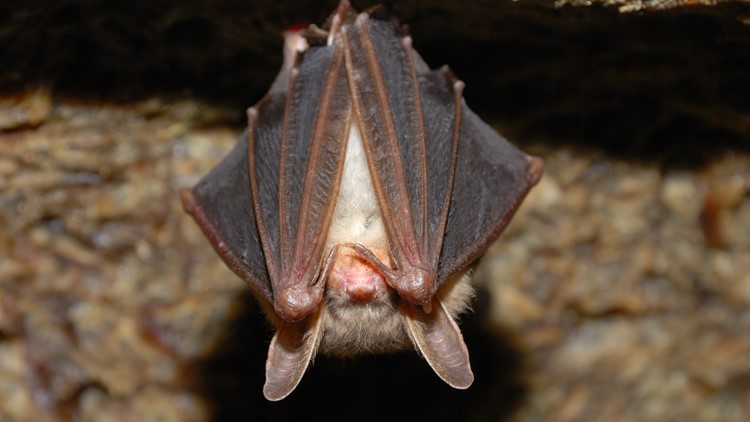PULLMAN, Wash. — Researchers at Washington State University are raising concerns over the discovery of a virus with some of the same characteristics as COVID-19. At the same time, they hope that the discovery will lead to more progress in vaccine prevention.
The COVID-19 pandemic has done an astronomical amount of damage, blamed for more than 6.5 million deaths and counting worldwide. While the pandemic is not over, it has slowed this year.
Meanwhile, researchers are learning more and more about the virus that causes COVID-19. There's a focus on finding and studying similar viruses in Asia and beyond.
The good news, according to WSU virologist and assistant professor Michael Letko: “Most of the viruses found outside of Asia don't have the ability to use the human receptors or use the human cells.”
Letko said this means humans are not currently in danger from them. But he and his colleagues have studied two viruses found in Russian bats, and one of them does raise some red flags. The researcher said this virus has some of the same properties as COVID-19 and can infect human cells — and it has proven to be resistant to current COVID-19 vaccines. But that alone is not conclusive.
“So we're not necessarily worried about this virus transmitting over to people. There are so many factors. We don't particularly know what kind of animals these bats are in contact with [or] how prevalent this type of virus is in these animals,” said Letko.
That said, Letko believes it is important that researchers continue to investigate to help develop more tools for prevention that may be needed.
“The big take home is we know these viruses now exist and we can now use this information to try to make vaccines, and actually there are already groups working to include viruses like this in the vaccines."
The study authored by Letko and others can be found in the journal PLOS PATHOGENS.



